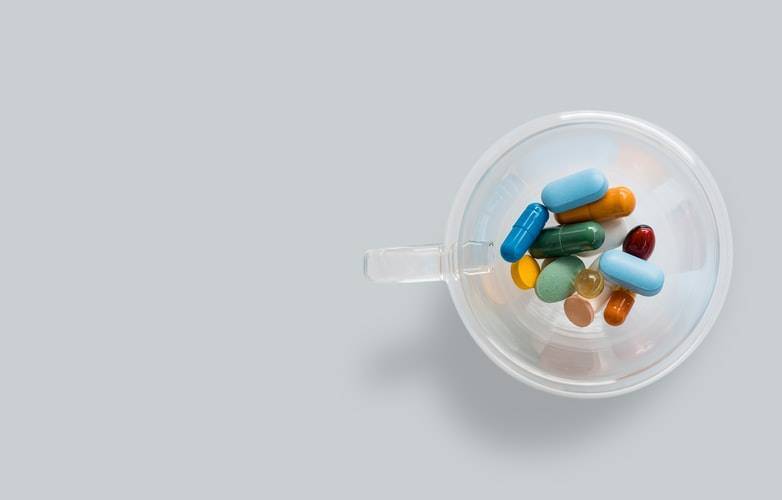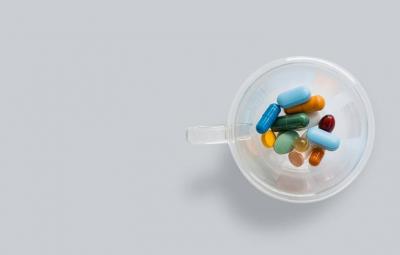Scientists consider a person's diet as the primary pathway to physical health and the integrity of organs, as individuals derive their energy and nourishment from food after it is digested and absorbed. Many people spend money on cosmetic procedures to achieve the "impossible"—to regain youth. While these procedures may restore some youthful features to the face or skin through lifting techniques, the cells that make up the skin and our body's cells do not change in age due to these interventions. However, cosmetic procedures cannot affect human cells, but diet directly impacts the performance of cells and human organs, as vitamins and minerals play key roles in vital functions such as metabolism. Some vitamins in our diet can achieve what cosmetic surgeries cannot, as they directly affect cells and organs. According to an article published in the American magazine "Eat This, Not That," scientists have identified five vitamins directly linked to either promoting or slowing the aging process due to their direct effects on cells and organs. These vitamins are:
1. **Vitamin D**: Tasks beyond immunity and essential for youth. Many studies have indicated the benefits of Vitamin D on the immune system, but they have overlooked one of its key roles: preventing bone fragility. Vitamin D helps the body absorb calcium, which directly supports and repairs bones and builds bone density. Additionally, Vitamin D is crucial for supporting muscle metabolism, which declines with age, thereby helping to prevent a decrease in muscle mass.
2. **Vitamin C**: Prevents telomere shortening. Most studies affirm that Vitamin C is one of the most well-known and powerful antioxidants that support immunity and prevent free radicals responsible for many bodily damages. Another role of Vitamin C is collagen production, a protein that maintains skin freshness and is primarily responsible for youth. According to a 2021 study published in "Molecular Biology Reports," Vitamin C can also protect against telomere shortening, which contains DNA information and becomes shorter with age.
3. **Vitamin K**: Acts as an antidote to age-related syndromes. Researchers in a comprehensive 2021 review published in the journal Antioxidants indicated that research shows "Vitamin K is a vital cofactor in activating many proteins that work against age-related syndromes." Among the benefits of Vitamin K are its ability to help prevent arteriosclerosis and heart diseases, improve cognitive function, increase the body's insulin sensitivity, and combat cancer.
4. **Vitamin A**: The golden standard for skin retinoids. Vitamin A is the foundation of the retinoid compound, which is described as the gold standard for anti-aging skin care. Studies indicate that some compounds prescribed in medical clinics, like Retin-A, along with products containing retinol, increase skin cell regeneration, smooth fine lines, and reduce wrinkles by stimulating collagen production, which supports skin health. Additionally, Vitamin A plays a crucial role in cognitive function, including supporting the brain areas responsible for memory and learning.
5. **Vitamin E**: Supporter of healthy aging. Studies conducted on animals suggest that another powerful antioxidant that protects cells from oxidative stress and damage, potentially playing a pivotal role in achieving healthy aging, is Vitamin E. Some research indicates that Vitamin E may have benefits in nerve protection, helping to maintain brain and heart health.




